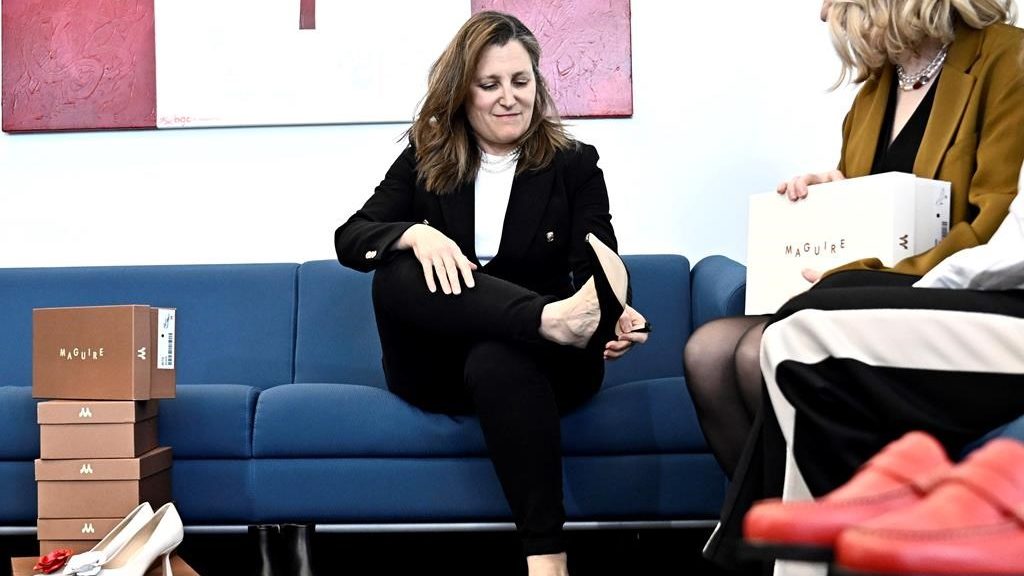Syria diplomacy: A US-Russia deal unravels and war revs up
Posted Sep 23, 2016 04:23:43 AM.
Last Updated Sep 23, 2016 04:26:34 PM.
This article is more than 5 years old.
NEW YORK, N.Y. – In a New York hotel room earlier this week, Russia thought it was close to a deal with the U.S. to revive a cease-fire deal for Syria.
A three-day period of calm would go into effect, accompanied by Syrian and Russian planes leaving the skies over northern Syria, according to a concept that Secretary of State John Kerry and Russian Foreign Minister Sergey Lavrov developed late Wednesday night. That would permit Syria’s warring sides to reaffirm their support and prove their commitment to a U.S.-Russian plan for ending the civil war.
But neither government had signed off on the diplomats’ plans, according to U.S. and Russian officials with knowledge of the private conversations in the Palace Hotel.
And after Kerry consulted others in the Obama administration, he told Lavrov that the truce should last a week, said the officials, who weren’t authorized to speak publicly on the matter and demanded anonymity.
Lavrov, according to one official, threw up his hands in exasperation.
“Originally, our American colleagues said, I believe on Wednesday, why can we not consider at least a three-day period,” Lavrov said at a news conference Friday. “We checked with the military who know the situation on the ground. We accepted. But the next morning they said, ‘Thank you very much, but we now need seven.'”
One senior U.S. official said Lavrov’s account was misleading and that Russia issued several unacceptable conditions of its own. The official said Kerry and Lavrov never even reached a tentative understanding between themselves, let alone their governments.
Regardless of the differing accounts, the fallout from the failure was severe.
By Thursday afternoon, as Kerry and Lavrov met with more than a dozen European and Arab foreign ministers, Russia was helping Syria’s government launch a fresh offensive on the already besieged city of Aleppo. An angry Kerry announced the news to the room after reading it off an aide’s BlackBerry.
He then told reporters the cease-fire was over even as he said there could be no alternative approach.
Kerry on Friday said he held follow-up consultations with Lavrov and “we exchanged some ideas and we had a little bit of progress.”
“We’re evaluating some mutual ideas in a constructive way,” Kerry said, toning down the outrage he had expressed with Russia’s position a day earlier and in a Wednesday speech at the U.N. Security Council.
The week’s breakdown in the diplomacy on the sidelines of the U.N. General Assembly occurred as violence in Syria accelerated. Several high-profile and deadly attacks suggested the war could be entering a darker phase.
First, an errant U.S. strike on a Syrian military contingent killed dozens. Twenty died when an aid convoy headed toward Aleppo was bombed — Washington blamed the attack on Moscow; Russia said it wasn’t responsible. Then, four medics were killed in a bombing raid, presumably by Syria or Russia.
But the diplomatic failure also underscored a rapid plunge in U.S.-Russian co-operation on Syria. Just two weeks ago, Kerry and Lavrov culminated a marathon day of negotiations in Geneva with an announcement of a nationwide cease-fire that would be followed by a new military alliance between the former Cold War foes, targeting the Islamic State group and al-Qaida.
Much of the world hailed the outcome, and a rare calm followed over war-ravaged parts of Syria for several days. It didn’t last.
Infractions by both Syrian President Bashar Assad and U.S.-supported rebels became increasingly regular. Aid barely reached anyone at all, despite much-hyped promises of unfettered humanitarian deliveries.
The U.S.-Russian counterterror partnership quickly disappeared from the table.
Washington and Moscow dug into seemingly intractable positions, including Kerry’s insistence this week that Russia and Assad ground their air forces. A senior European diplomat said it was deemed important that Russia “decisively signal” a respite in the bombing.
Blaming rebels for the renewed violence, Lavrov rejected the additional demands.
Going beyond the Sept. 9 cease-fire deal is “senseless” unless U.S.-backed forces separate from agreed terrorist groups like the al-Qaida-linked Nusra Front, he said Friday.
In the same vein, Iranian President Hassan Rouhani, another Assad ally, said the U.S. proposal would help “terrorists.” Syrian Foreign Minister Walid al-Moallem thanked Russia for its help “in the fight against terrorism.”
Still, U.N. peace envoy Staffan de Mistura said somewhat vaguely: “The Russians, in my opinion, were genuine when they negotiated with the Americans.”
The U.S.-Russian talks were “disappointing,” de Mistura said in an interview Friday with Al-Jazeera, lamenting Syria’s “return to open conflict.”
The 5 1/2-year war has killed as many as a half-million people, contributed to Europe’s worst refugee crisis since World War II and allowed IS to emerge as a global terror threat.
___
Sarah El Deeb in Beirut contributed to this report.










